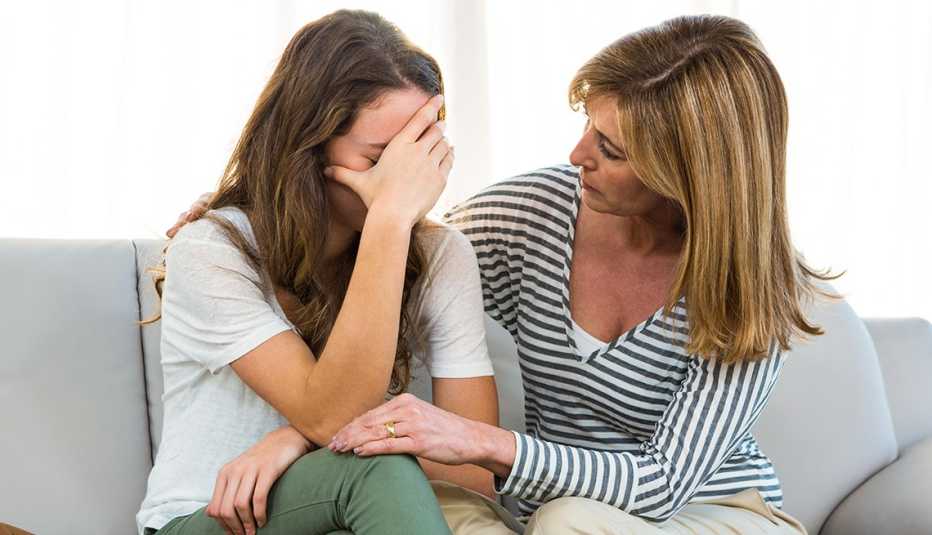AARP Hearing Center


College romance can have a dark side. While researching a book on campus party life, sociologist Elizabeth Armstrong found that some boyfriends of young women control them by checking their text messages and hiding their car keys. The women also reported that they'd endured taunting, yelling, shaming, stalking — even rape — before breaking up with their abusers.
"We were surprised by how many young women had relationships that were characterized by some form of violence," says Armstrong, coauthor of Paying for the Party. "Not only physical abuse but emotional abuse, where the abuser takes away with the victim's freedom with controlling behavior."
Technology such as 24/7 text availability, location tracking and computer spyware has allowed abusers even more control.
Nearly 60 percent of millennial women have experienced some sort of abuse, from verbal degradation to strangulation, according to a Glamour/Harris national poll. Why don't they leave? "Love" was the No. 1 reason for staying in a relationship.
What can parents do if they suspect their child — and most often it's a daughter — is in an abusive relationship? Experts agree that in cases of physical abuse, parents should call the police.
But what about the more common emotional abuse, which can be hidden and happens gradually over time?
The telltale signs that someone may be in an emotionally abusive relationship include: isolation from parents, family and friends; making excuses for a partner's bad behavior; withdrawal from outside activities; and constant sadness and crying, says Jill Murray, a psychotherapist in Laguna Niguel, Calif., and author of numerous books on the subject.
Abusive relationships usually start with small insidious behaviors, Murray says. Over time, a daughter becomes isolated from her parents; the abuser may say, "Your parents just don't like me."

































































More on Home and Family
Retire to Margaritaville
Coming soon: Jimmy Buffett-inspired adult ’hoods
10 Great Places to Live on Under $40K per year
We found great spots where you can live the good life for less18 May-December Celebrity Marriages
These couples are making it work (so far) with an age gap of more than 20 years